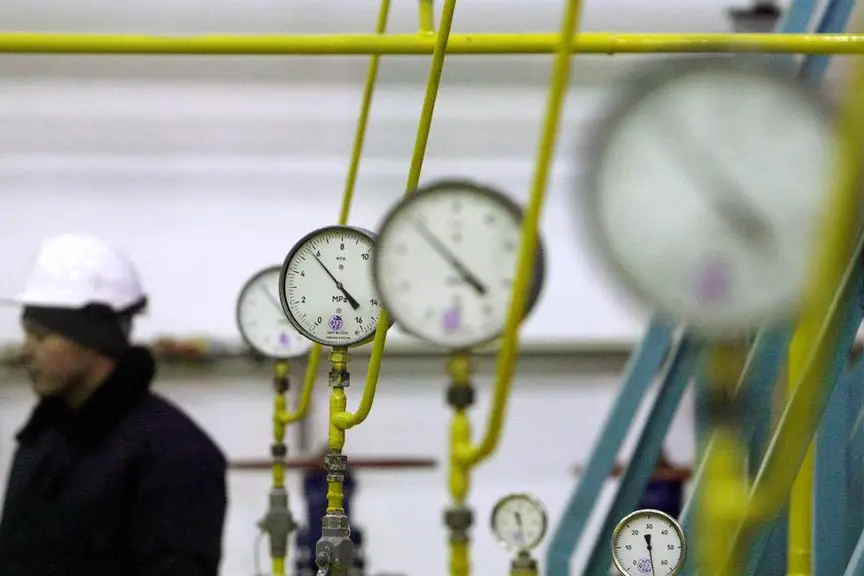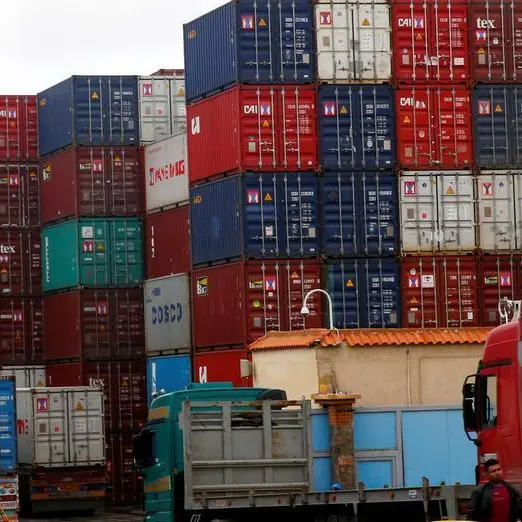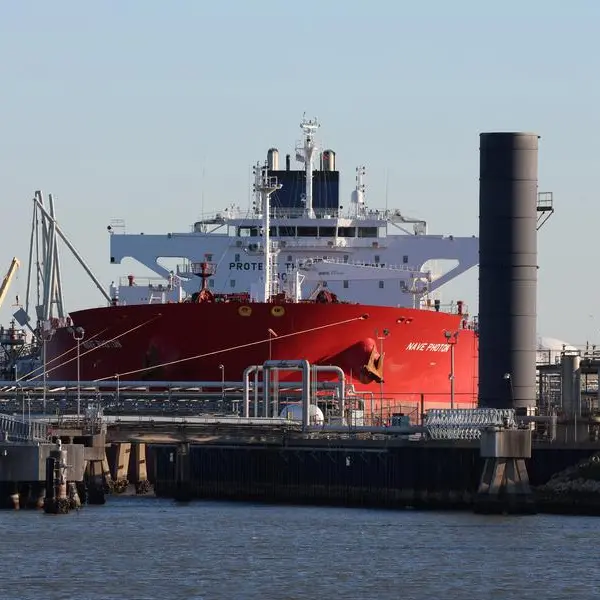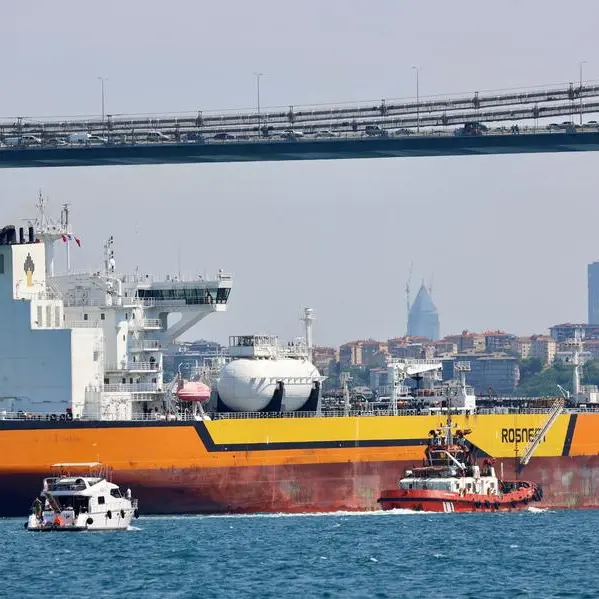PHOTO
Oil output in Russia, the third largest producer in the world after the United States and Saudi Arabia, is expected to be steady or even to increase next year as Moscow has largely overcome Western sanctions, analysts said.
The government has said that Russian oil and gas condensate production is set to decline to 527 million metric tons (10.54 million barrels per day) this year from 535 million tons in 2022, as Moscow has restrained supply in line with its agreement with the OPEC+ group, comprising the Organization of the Petroleum Exporting Countries and allies.
According to the poll, Russia may produce between 515 million tons and 530-538 million tons of oil next year, while exports will be broadly unchanged, at 250 million tons.
"We anticipate no major changes in Russian output versus current levels. Increases in global demand will likely be offset by rises in output from the U.S.A., Venezuela, Iran, and others, keeping OPEC+ quotas largely stable," Ronald Smith, an analyst with Moscow-based BCS World of Investments brokerage, said.
The West imposed wide-ranging sanctions against Russia, including an embargo on seaborne Russian oil imports and a price cap of $60 per barrel, after Moscow sent its armed forces into Ukraine in February 2022.
Russia also defied predictions of severe declines in its oil supply, including from the Paris-based watchdog International Energy Agency (IEA), which in March 2022 said it was possible markets would lose three million bpd of Russian crude.
Russia has managed to redirect all of its crude oil exports affected by Western sanctions to what it terms "friendly" countries.
According to Deputy Prime Minister Alexander Novak, almost all of Russia's oil exports this year have been shipped to China and India.
Under its OPEC+ agreement, Russia is curbing its crude output by 500,000 bpd until the end of 2024 and, separately, it also has pledged to reduce exports of oil and fuel by the same amount in the first quarter.
"For 2024, Russian liquids production is forecast to remain steady with the previous year, averaging 10.6 million barrels per day," the Organization of the Petroleum Exporting Countries (OPEC) said in its latest monthly review.
"In addition to project ramp-ups from several oil fields, there will be start-ups by Rosneft, Russneft , Lukoil, Gazprom, Neftisa and TenderResurs. However, overall additional liquids production is expected to be offset by declines at mature fields."
Analysts cite several major risks for Russian oil output, including falling oil prices, any tightening of international sanctions and the possible extension of supply restrictions by OPEC+.
(Reporting by Olesya Astakhova; writing by Vladimir Soldatkin; editing by Barbara Lewis)





















